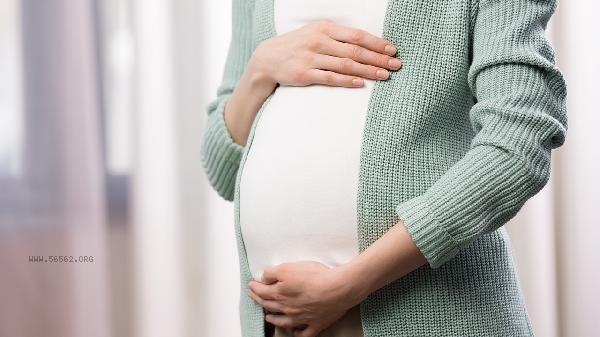High blood pressure during early pregnancy poses certain risks and requires timely monitoring and management, and medical attention if necessary. High blood pressure may increase the risk of pregnancy complications such as preeclampsia and placental abruption, which need to be controlled through dietary adjustments, lifestyle improvements, and medical interventions.

1. Genetic factors: Pregnant women with a family history of hypertension have a higher risk of high blood pressure in the early stages of pregnancy. It is recommended to regularly monitor blood pressure and receive preventive treatment under the guidance of a doctor.
2. environmental factors: External factors such as high pregnancy pressure, emotional fluctuations, and work stress may lead to elevated blood pressure. Pregnant women should maintain a relaxed mood, avoid excessive fatigue, and engage in appropriate relaxation activities such as yoga, meditation, etc.

3. physiological factors: Changes in hormone levels and increased blood volume during early pregnancy may lead to fluctuations in blood pressure. Pregnant women should pay attention to a balanced diet, reduce salt intake, and consume more foods rich in potassium and magnesium, such as bananas and spinach.
4. Pathological factors: If the pregnant woman has chronic hypertension or kidney disease, the risk of high blood pressure in the early stages of pregnancy is greater. It is necessary to use antihypertensive drugs such as labetalol and nifedipine under the guidance of a doctor, and undergo regular prenatal check ups.
5. Lifestyle: Pregnant women should maintain a regular schedule, avoid staying up late, and engage in moderate exercise such as walking and morning exercises every day, which can help control blood pressure. At the same time, quit smoking and drinking, and reduce caffeine intake. High blood pressure in early pregnancy should be taken seriously and managed comprehensively through diet, lifestyle, and medical intervention. If blood pressure continues to rise or symptoms such as dizziness, headache, and blurred vision occur, medical attention should be sought immediately to ensure the safety of both mother and baby.










Comments (0)
Leave a Comment
No comments yet
Be the first to share your thoughts!